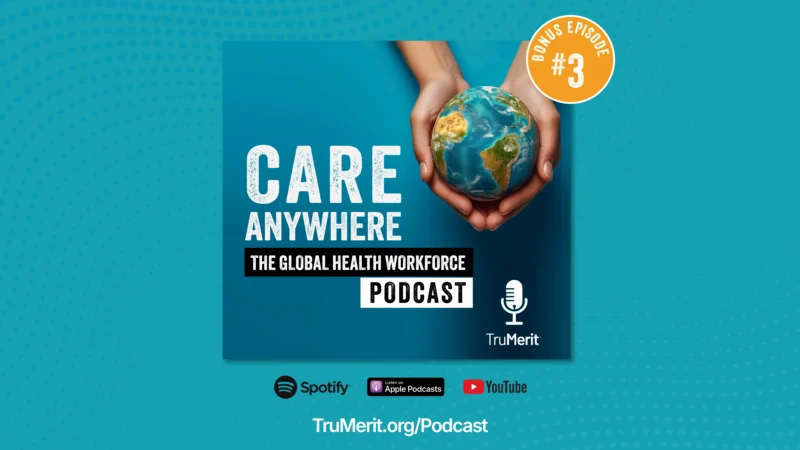Encouraging the Adoption of Value-Based Care
How are Precision Health Insight Networks (PHINs) laying the groundwork for mainstream adoption of precision health? While recognized for its promise to save millions of lives and billions of dollars, the advancement of precision medicine has been limited to only a handful of conditions due to data silos and disconnected databases.
The power of PHINs was on full display during COVID-19. Now, these award-winning solutions are poised to drive innovations across many disease states.
Brad Bostic, CEO of HC1, had this to say about the topic.
“So, I’ve been often asked the question about personalized medicine and the practical nature of that, and, ultimately, will it ever be mainstream?
My point of view on that is absolutely it will be. What I see happening right now within health care is this Renaissance that gives us a chance at getting there sooner rather than later.
The first part of that being the incentive models in healthcare, where, historically, we’ve been focused on a fee-for-service model. That incentivizes volume, and it doesn’t really allow for the idea of anything being personalized.
In fact, I’d say it’s quite the opposite. If you’re volume-motivated, you’re looking at it more like widgets. How do I do as much as I can, as fast as I can? And it’s not intended to deliver a bad outcome to patients, but there’s just not the right incentive there.
What we have emerging now is more of a value-based model.
We now know enough about how much it should cost to take care of different conditions. And, if you implement best practices to take care of those conditions and you effectively manage those patients, you can have a budget like a bucket of money per person in a given disease state or a given demographic within a population to care for them.
If you can do it in a way that costs less than what you were allocated, you can make more profit, so that’s creating an incentive. That’s clearing the way for programs that healthcare leaders are interested in investing in — precision healthcare types of models. A specific example of that would be the ability to truly identify those people in your population that are taking medications that aren’t working for them and doing that by looking at a combination of that person’s diagnosis, that person’s medication list, and that person’s specific genomic profile.
It’s something that I believe will become extremely widespread in the coming months and years. In fact, I once had the head of the health plan for one of the largest technology companies on earth say to me, in the next five years, it will be considered criminal negligence to not perform these precision prescribing kinds of tests like pharmacogenetics, and that was a very extreme statement.
But his point was, if we know we have a test that’s relatively low cost, that can determine what medication is going to work for you and prevent you from having a heart stent or potentially some kind of catastrophic cardiac arrest event. why would we allow that not to happen? Why would we not run that test to make sure that we’re getting you on the optimal medication? And that’s just one small example.
I think ultimately, though, what we’ll find is the kind of experience that we’ve grown to appreciate and expect from consumer services.”
Follow us on social media for the latest updates in B2B!
Twitter – @MarketScale
Facebook – facebook.com/marketscale
LinkedIn – linkedin.com/company/marketscale








